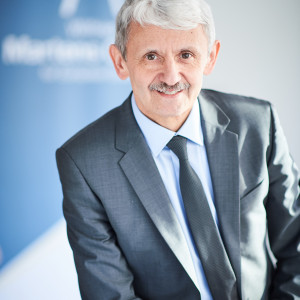A different Europe in a different world
MOREMikuláš Dzurinda
Company: Wilfried Martens Centre for European Studies
Position: President

Company: Wilfried Martens Centre for European Studies
Position: President
Mikuláš Dzurinda is the president of Wilfried Martens Centre for Europeans Studies, a political think tank of the EPP, based in Brussels. He is the former prime minister of Slovakia (1998-2006) and has held various positions in government since first entering politics in 1990. Once he became prime minister and formed a coalition government in 1998, Dzurinda introduced far-reaching reforms which have enabled Slovakia to begin the process of joining the EU and NATO. After being re-elected in 2002, Dzurinda led Slovakia to become a member of the EU and NATO in 2004, a process which he actively took part in from the beginning. Since Slovakia gained independence in 1993, Dzurinda has also held the position of Minister of Transportation and more recently that of Minister for Foreign Affairs (from July 2010 to April 2012). Dzurinda is a founding member of the Slovak Democratic and Christian Union – Democratic Party (SDKÚ-DS) and was chairman of the party from 2000 to 2012. From 2012 to 2016 he was a member of the Slovak Parliament. In 2007 he was awarded the F.A. Hayek International Prize for reforms and fight against bureaucracy. He is also a marathon runner.
A different Europe in a different world
MOREYou watching archival version of European Economic Congress
What you can do:
Go to the current edition page or Continue browsing